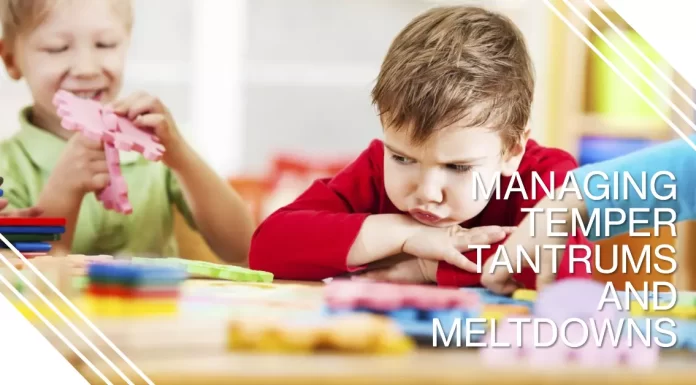
We explore effective strategies to promote positive behavior and implement discipline techniques that encourage healthy development in children. By understanding the importance of positive reinforcement, setting clear expectations, and utilizing appropriate consequences, parents and caregivers can create a supportive environment that nurtures positive behavior in children.
Proven Strategies for Positive Discipline in Children: A Comprehensive Guide
Set Clear Expectations
Communicate and establish age-appropriate expectations for behavior, outlining positive behaviors to encourage and behaviors to avoid. For example, you can explain that sharing toys with siblings or saying “please” and “thank you” are expected behaviors.Be a Role Model
Children learn by observing, so model the behavior you want to see in them. Demonstrate kindness, respect, and self-control in your actions. Show empathy by comforting a friend who is upset or resolving conflicts calmly and respectfully.Use Positive Reinforcement
Acknowledge and reward positive behavior with praise, encouragement, or small rewards to reinforce desired behaviors. For instance, praise your child for completing their homework or share a special treat when they exhibit kindness towards others.Establish Consistent Rules and Consequences
Consistency is key. Clearly define rules and consequences, ensuring they are fair, age-appropriate, and consistently applied. For example, if you establish a regulation of no screen time before homework is completed, ensure consistent enforcement of the consequence that there will be no screen time until they have done their homework.Encourage Emotional Intelligence
Teach children to identify and express their emotions respectably, assisting them to develop self-awareness and empathy towards others. Encourage them to use “I feel” statements to express their sentiments, such as saying, “I feel sad when my friend doesn’t include me in the game.”Practice Effective Communication
Use clear and respectful communication techniques when discussing behavior issues, allowing children to express their feelings and actively listen to them. Avoid harsh criticism and use “I” statements to express your concerns, such as saying, “I noticed you didn’t clean up your toys after playing.”Implement Time-outs and Cool-down Periods
When emotions are high, provide children with a designated space and time to calm down and reflect on their behavior. For example, if a child is having a tantrum, guide them to a quiet area to take deep breaths and regain composure.Teach Problem-Solving Skills
Encourage children to develop constructive solutions to conflicts or challenges, fostering critical thinking and negotiation skills. For example, if siblings are arguing over a toy, prompt them to reach a compromise or take turns playing with it.Foster a Supportive Environment
Create a home environment that values and supports positive behavior, with consistent routines, clear boundaries, and opportunities for family bonding. Establish regular household activities like game nights or outings to strengthen family connections and reinforce positive behavior.Seek Professional Help When Needed
If challenging behavior persists or escalates, consult with a child psychologist or behavioral specialist who can provide personalized guidance and support. They can help identify underlying issues and develop a tailored plan to address them effectively.
Conclusion
Promoting positive behavior and implementing effective discipline techniques are essential for the healthy development of children. Parents and caregivers can foster a respectful and well-behaved environment by focusing on positive reinforcement, consistent expectations, and age-appropriate consequences. Compassionate individuals who can thrive in various aspects of life by nurturing positive behavior and discipline, we empower children to grow into responsible.
Frequently Asked Questions (FAQs)
How can I encourage my child to listen and follow instructions?
Set clear expectations, use positive reinforcement, and provide specific instructions. Ensure you have their attention, use a calm and firm tone, and offer praise or rewards when they listen and follow through.
What should I do when my child displays challenging behavior in public?
Stay calm and address the behavior privately if possible. Use redirection techniques, offer choices, or implement consequences based on pre-established rules. Focus on teaching appropriate behavior rather than engaging in power struggles.
How can I handle tantrums effectively?
Remain calm and patient during tantrums. Provide a safe space for the child to express their emotions, use simple and transparent language to acknowledge their feelings, and wait for the tantrum to subside before discussing the behavior and setting expectations.
Is discipline the same as punishment?
The answer is No! Discipline focuses on teaching and guiding children toward appropriate behavior, whereas punishment typically involves a negative consequence. The regulation aims to instill self-discipline, promote understanding, and teach problem-solving skills.
How can I handle disagreements about discipline with my co-parent or caregiver?
Open and respectful communication is the solution. Discuss and establish a unified approach to discipline, taking each other’s perspectives. Find compromises and create consistent rules and consequences to ensure a cohesive path.









